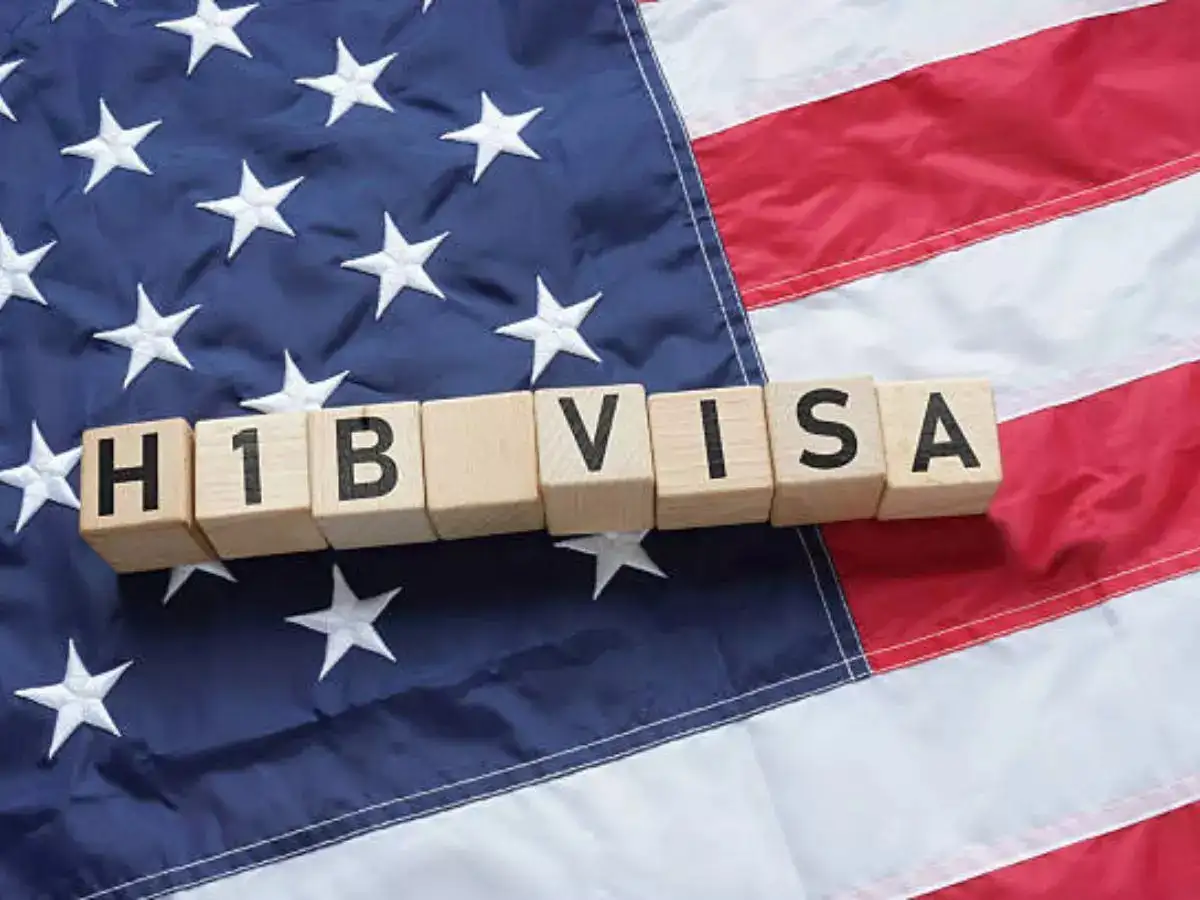Trump Administration Vows to Defend $100,000 H-1B Visa Fee Amidst Legal Challenges
This unprecedented increase in H-1B filing costs, if upheld, could dramatically alter workforce planning for companies relying on international talent and significantly impact the competitiveness of US employers.
Subscribe to our newsletter and stay informed about latest H1B news, policy updates and and other developments.
Article Summary
The US government has announced it will defend its new $100,000 H-1B visa fee in court, arguing the system has been misused and harms American wages. This fee, enacted by presidential proclamation and applying to new petitions, faces multiple lawsuits from business groups, unions, and employers who contend it is unlawful and detrimental to innovation. USCIS has clarified the fee does not apply to H-1B change of status or extension of stay requests.
Original Article: economictimes.indiatimes.com
[ Sentiment: neutral | Tone: factual ]
This summary and analysis were generated by TheNewsPublisher's editorial AI. This content is for informational purposes only; it does not constitute legal or immigration advice.
[ Sentiment: neutral | Tone: factual ]
This summary and analysis were generated by TheNewsPublisher's editorial AI. This content is for informational purposes only; it does not constitute legal or immigration advice.
TNP AI: Key Insights
The proposed $100,000 H-1B fee represents an extraordinary increase from standard filing fees, which are typically in the thousands, not hundreds of thousands. For employers, particularly startups and smaller businesses, this could make sponsoring new H-1B workers prohibitively expensive, potentially forcing them to reconsider hiring international talent or shift operations elsewhere.
Historically, H-1B fees have been used to fund specific programs or for fraud prevention, but never at this magnitude. The legal challenges against this fee are significant because they question the President's authority to unilaterally impose such a substantial financial burden without congressional approval, setting a precedent for future executive actions on immigration.
While the USCIS clarification that the fee does not apply to extensions or change of status is a minor relief, the primary impact remains on new H-1B petitions. This directly affects foreign students hoping to transition to H-1B status and companies looking to bring in new talent, especially impacting industries like tech that heavily rely on skilled foreign workers.





